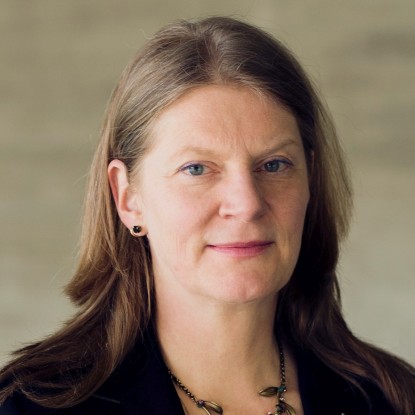About the Department
Head of department: Prof. Dr. Andrea Rapp
The subject area Germanic Medieval Studies focuses on the German language and literature of the Middle Ages from the 8th to the 16th century.
The study content of this subject area is not addressed in an isolated manner, but always in the context of a continuous cultural history of the German language – taking the historical and social origins and the traditions of medieval text production and reception into account. As a consequence, the Darmstadt Institute focuses on:
- codicology and palaeography of German-language manuscripts of the Middle Ages
- book history and library history
- interdisciplinary text-image relations, questions of media representation
- medieval language in documents
- historical dialectology
- writing language history, variance and varieties
Computer Philology in the field of German Studies addresses computer-assisted methods and techniques of working with linguistics and literature. It is part of the young and dynamic discipline of the Digital Humanities (DH), which is being established as a research focus in the field by means of several third-party funded projects.
The DH have a decidedly inter- and transdisciplinary focus, combining relevant questions, knowledge, and skills of the traditional humanities and cultural sciences with innovative information technology procedures and methods.
The representatives of the DH are concerned with questions of preserving and developing cultural heritage: this involves the retro-digitization of entire libraries as well as means to guarantee or optimize intelligent text retrievals or to ensuring long-term availability of digitally processed cultural assets. The Digital Humanist's field of activity also includes questions of an aesthetic and high-quality presentation of research results.
One of its central tasks is the development of virtual research infrastructures that enable the scientific community of the humanities and the cultural sciences to collaborate in a location-independent manner, to engage in lively academic exchange, and, thus, to network and consolidate scientific expertise.
The use of computer-aided methods opens up new perspectives and research fields in the humanities and cultural sciences: modern technologies allow to visualize traditional cultural transfer, thus allowing to address intellectual discourses not only in a purely rational but also in a sensually mediated manner. Working techniques of the Computer Sciences open up new dimensions of interdisciplinarity. By investigating the interdependencies between the humanities and the natural sciences, for example, the DH allow for new synergy effects (on a broad data basis) between research branches that, traditionally, differ significantly in their methodology.
As fundamental research, the DH investigate the added value of digital cultural techniques – such as the potential that arises from the disclosure and analysis of network structures of intellectual knowledge and cultural history. On this basis, it is possible to investigate new research questions or to address old questions with innovative methods.
The main focuses of the Darmstadt Institute in the field of the Digital Humanities include:
- (retro) digitization, building up digital corpora
- Text coding, development and application of standards (XML/TEI)
- digital edition philology
- digital lexicography.


